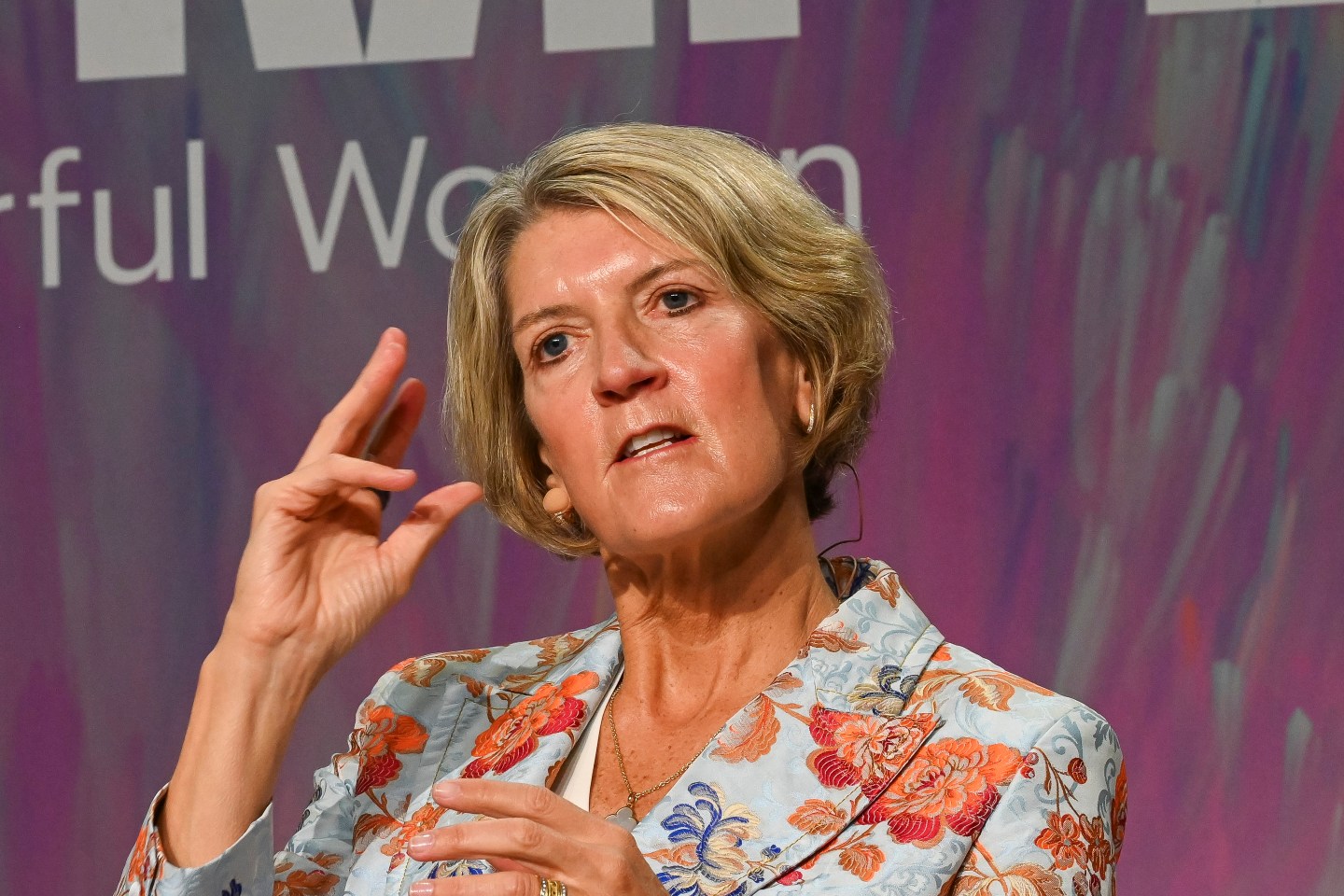Hurricane Maria’s ravaging of Puerto Rico in 2017, and lingering controversy over Washington’s response, tested the quirky ties between the U.S. And its far-flung territories. A post-storm visit by President Donald Trump did little to calm complaints in Puerto Rico that Washington exhibited less urgency and generosity than it did toward U.S. States struck by earlier hurricanes. Those born in Puerto Rico and other U.S. Territories, or “insular areas,” have less political input and representation than residents of U.S. States.
1. How many U.S. Territories are there?
There are 14 currently. Puerto Rico is, by far, the most populated, followed by Guam, the U.S. Virgin Islands, American Samoa and the Northern Mariana Islands. The others, either uninhabited or barely populated, are Navessa Island, in the Caribbean Sea; and, in the Pacific Ocean, islands named Baker, Howland, Jarvis, Wake and Midway, atolls named Johnston and Palmyra, and Kingman Reef. The territories were ceded by Spain after the Spanish-American War in 1898 (Puerto Rico and Guam), purchased (Virgin Islands), annexed (Wake Island) or chose to associate with the U.S. (Northern Marianas).
2. Are residents of territories American citizens?
U.S. Citizenship is granted automatically upon birth in Guam, the Northern Mariana Islands, Puerto Rico and the U.S. Virgin Islands. The rule is different in American Samoa, where citizenship is conveyed only to those who have at least one American citizen as a parent. That anomaly is the result of a 1900 U.S. Law that says persons born in American Samoa will be considered “nationals,” not citizens.
3. Do U.S. Territories pay federal taxes?
They pay some taxes, not all. Like residents of the 50 states, residents of U.S. Territories have money withheld from their paychecks to support the Social Security retirement system and the Medicare program for elderly health care. They’re also, with some exceptions, subject to U.S. Federal business, gift and estate taxes. They pay income tax, but generally only to the territory, not to the federal treasury.
4. Do they get the benefit of federal entitlement programs?
Again, some but not all. Social Security and Medicare are, generally speaking, available to American citizens in U.S. Territories. So are veterans’ benefits, which are important because territories have a history of service in the U.S. Military. The situation with other federal benefits is a hodgepodge. Of the five territories, only Northern Mariana Islands residents are eligible for Supplemental Security Income, or SSI, which provides cash assistance to certain elderly, blind and disabled people. (The other territories, except for American Samoa, are eligible for U.S. Grants to help them provide similar assistance.) Only Puerto Rico and the Virgin Islands can access U.S. Unemployment compensation benefits. And only Guam, Puerto Rico and the Virgin Islands participate in the federal welfare program known as Temporary Assistance for Needy Families; American Samoa chooses not to, and the Northern Mariana Islands isn’t eligible.
5. Can American citizens in U.S. Territories vote for president?
Sort of. In an electoral curiosity that reemerges every four years, the residents of Puerto Rico, Guam, the U.S. Virgin Islands, American Samoa and the Northern Mariana Islands hold caucuses, primaries or conventions to help choose the Republican and Democratic nominees — but then can’t vote in the general election in November. The discrepancy is explained by the fact that while U.S. Law dictates who can vote in the general election, the two parties choose where and when to hold primaries and caucuses.
6. Are the territories represented in the U.S. Congress?
Puerto Rico and the other territories, like the District of Columbia, each get to send one delegate to the U.S. House of Representatives. That delegate can speak on the House floor, introduce legislation, offer amendments and vote in committees — but can’t vote on matters that come to a full House vote. In the Senate, territories and the District of Columbia have no representation at all.
7. Is that really fair?
That depends on your point of view. A Washington-based group, We the People Project, filed lawsuits seeking to extend full citizenship and voting rights to all residents of U.S. Territories and the nation’s capital. “Whether one lives in a state, a territory, or D.C., our basic rights as citizens should be the same,” the group says. But U.S. Courts have consistently disagreed that U.S. Citizens in territories automatically deserve the full rights of U.S. Citizens in the 50 states.
8. Does this matter?
It might, in terms of Puerto Rico getting a fair deal in Washington. In a September 2017 poll, only about half of Americans knew that Puerto Ricans are U.S. Citizens by birth. Of those aware, 81 percent said they support aid, compared with only 44 percent among those who think Puerto Ricans are foreigners.
9. Do the territories aspire to become U.S. States?
That’s really a question only in Puerto Rico, since its pre-hurricane population of roughly 3.3 million made it bigger than 21 U.S. States. (Though the post-hurricane migration of hundreds of thousands of Puerto Ricans only accelerated the island’s ongoing net loss of people, however.) Not everybody there sees statehood as a good thing. Puerto Rico has held five non-binding referendums on whether to seek statehood; the first three showed residents evenly split, and the latest, in June 2017, was marred by a boycott by opposition political parties. While some in Puerto Rico support statehood, and others like the status quo, there are also some who support independence from the U.S.
10. Could Puerto Rico become a state?
Ultimately that’s up to the U.S. Congress, which would be expected to put a very high bar on creating a 51st U.S. State. One complication: Puerto Rico would likely support Democrats for Congress and the presidency, an unpalatable prospect for the Republicans now in control in Washington.











